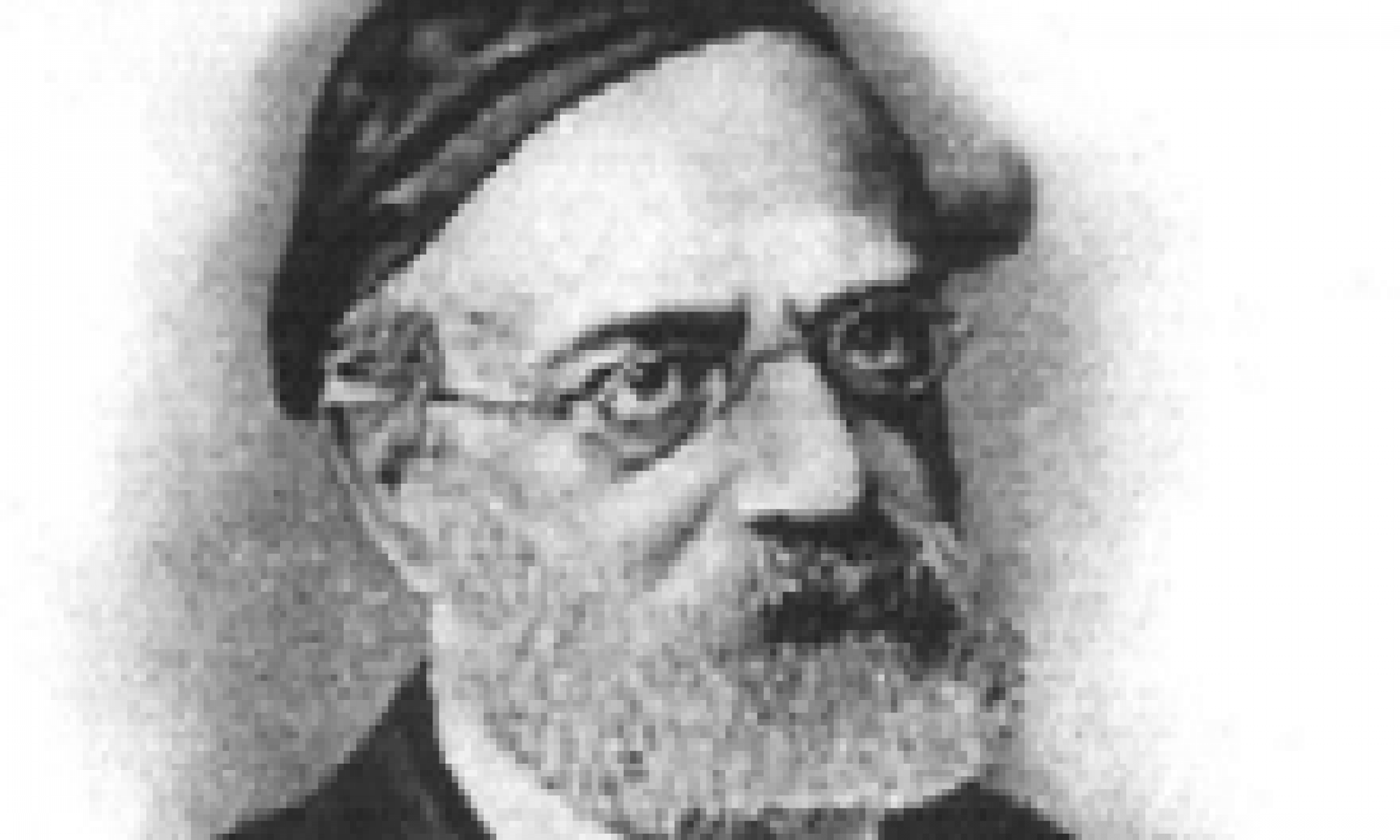The Torah details stages of creation, from simple life to the most complex forms of life. As expounded on by our sages, that God created the world with ten “sayings”. Each aspect of creation is bound to the regulations and laws dictated by God.
The lowest elements of creation observe God’s law no less than the most complex ones. Every creature, insect and plant is part of God’s world and His order.
Disturbing any part of God’s world, tampering with the laws dictated to them by God, is as forbidden and punishable as disturbing the whole of creation. (mating animals of different species, grafting plants, destroying plant life for no purpose, are just a few examples GS)
Beraishis 1:1, Page 6-7
———-
Light is separated from darkness, each existing within its fixed boundaries.
Light is the sphere of activity. Darkness is the sphere of rest and germination .
Currently, we cannot live with constant light and need to rejuvenate in darkness.
There will be a time when we will be able to live with constant Light. (God hid away the Light… Talmud Chagiga 12a)
Beraishis 1:4, Pages 9-11
——–
1. Organic life is highly diversified into many species. God’s Law of Limino/Limineihu causes each species to develop within its narrow sphere.
As plant life develops and diversifies, it appears to be operating with a large degree of freedom, developing from grass to plants to complex organisms. However this is a freedom without option, each species develops within very specific boundaries and limitations.
2. There are a series of mitzvos that tell us to respect this order such as the prohibitions against interbreeding animals, planting various plants too close together, wearing shaatnez, grafting fruit trees and the mixing milk and meat.
These mitzvos serve as constant reminders that we must honor God as the Lawgiver. Just as He tells creation to hold back its urges at the specific boundaries that He demands, so too does He demand this of humans. God has given Man free will, but His Law tells us to exercise that free will to live within the boundaries set by God in what we do and what we refrain from doing.
3. Just as the Law of Limino exists with lower organic life, so does it exist with people. All of Mankind is expected to live within boundaries set forth by God. The Torah demands a higher level of expectations of the Jewish people.
Of all the laws that regulate the forces and urges of Man, the laws regulating sexual behavior are at the top. To quote RSRH, “Sexual excesses bring about the death of individuals and nations and the observations of the limits of sexual life drawn by God in these prohibitions is the fundamental condition for the spiritual and moral ennoblement of the races of men and Jews.”
Among the universal laws, no Man may marry another man’s wife, etc. The Jewish people are told to abide by additional laws in this area, such as the laws of Nidah and the prohibition of marrying one’s brother’s wife. Within the Jewish people, Kohanim may not marry a divorcee and the Kohain Gadol is yet further limited in that he may only marry a virgin.
Beraishis 1:11-13, Pages 16-20
———-
God put in place a system of light bearers to distinguish between day and night. This order is prominent in our lives. The cycles of the sun and the moon regulate life on Earth, by which we determine time. The position of the stars help us determine our location.
Beraishis 1:14-18
———-
The first three days of creation correspond to the second three days. What was created in the first three days is given its completion and position relative to the development of life on earth in the second three days, as follows:
Day 1 Light – Day 4 Light Bearers
Day 2 Water and Air Space – Day 5 A World of Life
Day 3 Dry Land with its Vegetation – Day 6 Living Inhabitants
With the seventh day, a new world started; the world of the education of Man to God. This seventh day is another first day but on higher, spiritual level. Light is again created, but this time it is the light of recognition of God. Who was given the mission to promote this recognition? This is the mission of Israel. Israel is God’s eight work of creation. The seventh day at first had no בן זוג until God told it ישראל יהיה בן זוגך.
Beraishis 1:20, Page 25
———-
At creation, God gives over plant life to Man and tells him that it is in his best interest to care and preserve plant life as it is his source of food.
Beraishis 1:29, Pages 36-37
———-
Somewhat related to this concept is appreciating and enjoying the beauty and harmony in the order of Nature which can sensitize Man to live a life of moral order. See Beraishis 2H.

